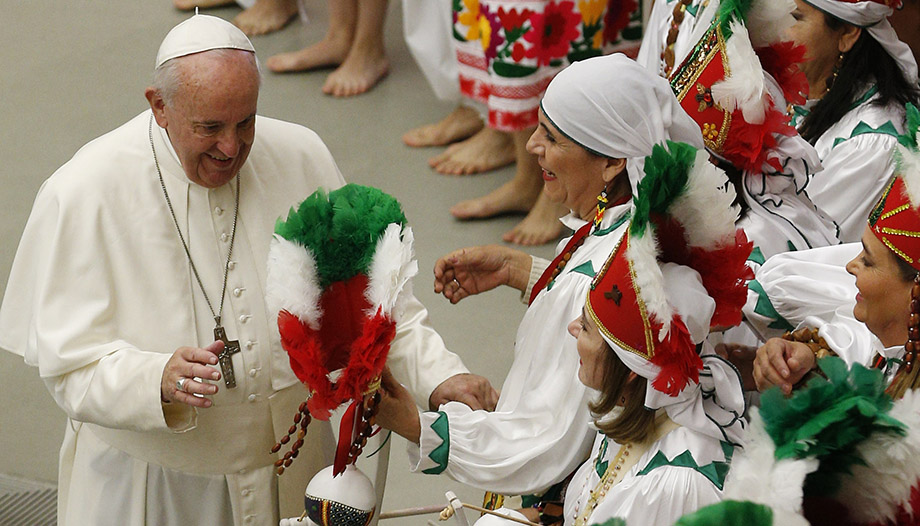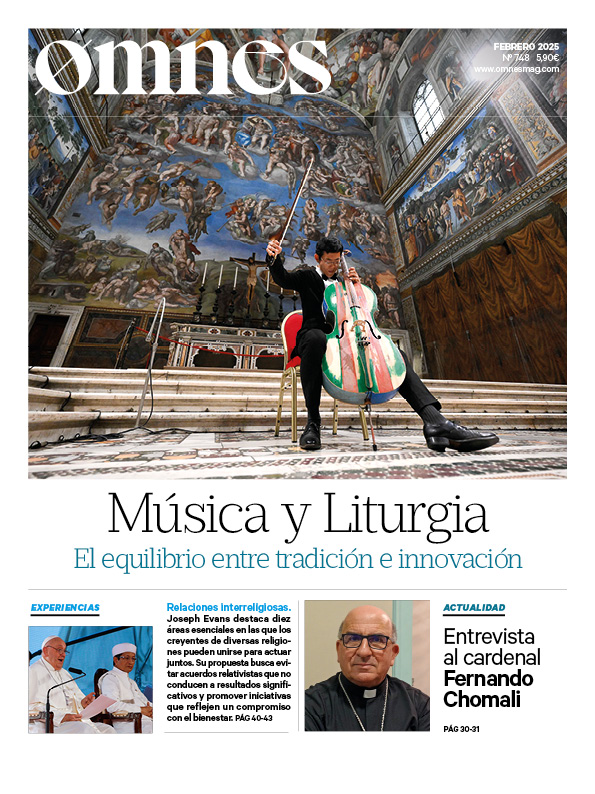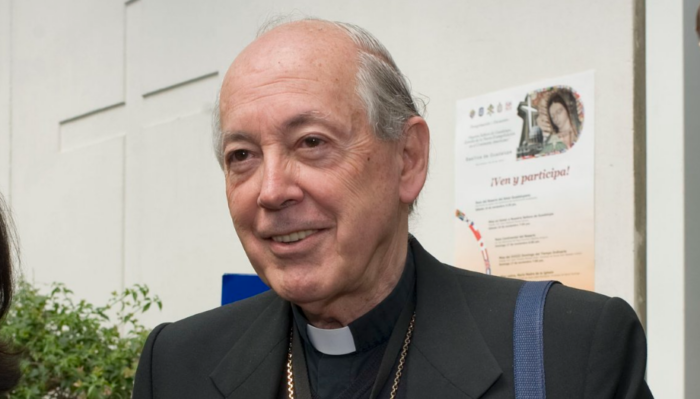"Messenger of hope". That was the name of the Boeing 737-800 of Aeromexico which transported the Pontiff into Mexico and back to Rome. It was one of the most intense visits of his pontificate. In six days, from February 12 to 17, more than ten million people saw the Pope in some of the more than 50 activities he carried out in the 320 kilometers he traveled by land.
The trip to Mexico can only be understood in the light of the existential peripheries of which he has spoken so much. All the issues he addressed have a special sensitivity to Mexico's religious, social and political agenda. In Ecatepec, he denounced wealth, vanity and pride. In San Cristobal de las Casas he asked forgiveness to the indigenous people for the theft of their lands and the millenary contempt. In Morelia, he urged people not to resign themselves to the atmosphere of violence. In Ciudad Juarez he prayed for the dead and the victims of violence. The Pope addressed all these issues directly and very much in his own style, with words proper to his vocabulary: "primerear", "escuchotherapy" y "affection therapy". The trip had as its barycenter his visit to the Basilica of Guadalupe: "To remain in silence before the image of the Mother was what I proposed to myself above all. I contemplated, and I let myself be looked at by the One who bears imprinted in her eyes the gazes of all her children, and gathers the pain of violence, kidnappings, murders, abuses to the detriment of so many poor people, of so many women"..
In the cathedral of Mexico the Pope met with the country's bishops and addressed a strong message to them: in the Church there is no need for princes, but witnesses of the Lord: "Do not waste time and energy on secondary things, on vain career projects, on empty plans for hegemony, or on infertile interest clubs.". Francis urged to always preserve unity and when there are differences, "to say things to each other's faces."as men of God.
On February 14, Francisco went to Ecatepec to denounce the wealth of some at the expense of the bread of others. In 2010, Ecatepec was the municipality with the highest number of people living in poverty.
In Chiapas, the Pope asked forgiveness from the indigenous communities for the millenary indifference they have suffered. Chiapas, located in southern Mexico, is a state bordering Guatemala. In 1994, the guerrilla uprising of the Zapatista Army of National Liberation, led by "Subcomandante Marcos", who demanded the recognition of the rights of the indigenous people, made the world aware of Chiapas. In the Mass of February 15, 2016 in San Cristobal, Francis revalued and emphasized the dignity of indigenous peoples. Not only with words, but with deeds. The ceremony was conducted in Tzeltal, Tzotzil, Chol and Spanish. At the end of the ceremony, Francis issued the decree for the use of indigenous languages in the Mass. He also delivered the first Bible translated into Tzeltal and Tzotzil.
In Morelia, Francis warned against the temptation of resignation in the face of the atmosphere of violence. It should be recalled that on January 4, 2015, the Pope named the Archbishop of Morelia, Monsignor Alberto Suarez Inda, as cardinal. This district had never before received the cardinal dignity. The Pope wanted to express in this way his closeness and affection for one of the cities that has suffered the most from the violence of drug trafficking. An evil that has devoured especially the youngest. For this reason, the Bishop of Rome urged the people of Morelos not to let themselves be defeated by resignation in the face of violence, corruption and drug trafficking. Later, before thousands of young people gathered in the José María Morelos y Pavón stadium, the Pope warned: "It is a lie that the only way to live, to be able to be young, is to leave your life in the hands of drug traffickers or of all those who are doing nothing but sowing destruction and death... It is Jesus Christ who refutes all attempts to make them useless, or mere mercenaries of other people's ambitions"..
In Ciudad Juarez the Pope made one of the most significant gestures of the visit: praying before a giant cross and presiding at a "cross-border" Mass a few meters from the border with the United States. It was a Mass for and with migrants and victims of violence. There the pontiff exclaimed: "No more deaths, no more violence".
The Pope was able to feel that Mexico has been oppressed by violence, but that, in spite of everything, it keeps the flame of hope alive. For this reason, all of his meetings in the country were "full of light: the light of faith that transfigures faces and clears the way".. This trip to Mexico was a surprise and a transfiguration experience for the Pope.
Ciudad Juarez








